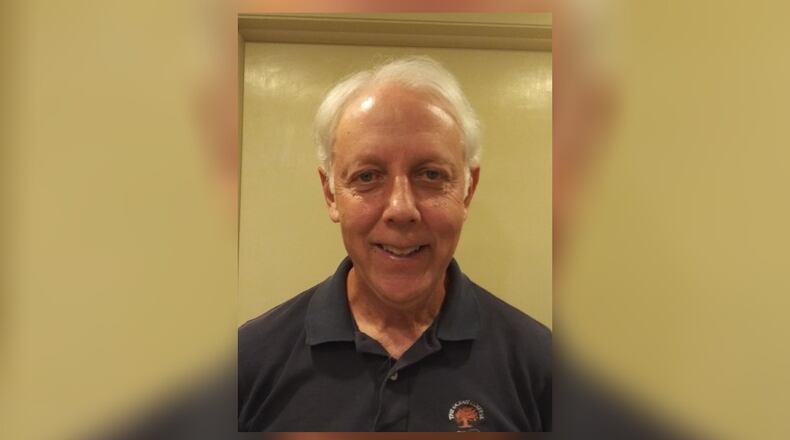I am a Catholic Christian, a member of Holy Angels, one of five churches that make up the Bread of Life family of parishes within the city of Dayton. My wife and I recently attended a highly moving Solidarity Walk for Immigrant Justice gathering that was organized by our social justice committee in cooperation with the University of Dayton. It started with music and a reflection by Dr. Kelly Johnson, and then approximately 500-600 people walked to various stations on the UD campus, where we listened to Scripture passages, sang hymns, heard stories of recent immigrants, and pondered deeper questions raised by these readings and stories.
Among the Scripture passages was the flight of Joseph and Mary with the infant son Jesus into Egypt to temporarily escape persecution. How would you feel if forced to leave your home to survive? Another focused on the good Samaritan as he came upon a victim of robbers who physically attacked him and left him for dead. The Samaritan dressed the victim’s wounds and put him up at a local inn to recover. Do we (and societal systems) show mercy to our neighbors? A third focused on the last judgment, which challenges Christians to do the right thing for those who hunger and thirst, to care for strangers, to clothe the naked, to comfort the ill and the imprisoned. Whom do we call family? Whom do we exclude?
The accompanying modern stories we listened to were just as harrowing as those of the Bible, including people of Haiti, where government chaos and corruption have left many of its citizens totally vulnerable; or Guatemala, where gangs have extorted resources from individual families and villages upon threat of death; or Afghanistan, where even those who supported the U.S. military during our war against the Taliban from 2001-2022 have now been barred from entering this country.
Fr. Satish Joseph, our pastor, ended our service with reflections on his personal observations at El Paso, Texas, where stray dogs roam more freely back and forth across the border with Mexico than any humans can. He also spoke about one of our parishioners currently being held in ICE detention in southern Ohio without the ability to communicate with family members. And he, an immigrant himself from India and a citizen of the U.S. for the last 15 years, now carries a citizenship identification card with him at all times in case he is stopped and questioned.
I would like to see this kind of serious reflection and questioning about this complicated topic of immigration and related social justice issues take place in all of our local churches, as well as synagogues, mosques, and temples.
Jim Brooks is a retired high school English teacher who writes, coaches tennis, and tutors immigrants.
About the Author
